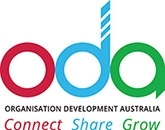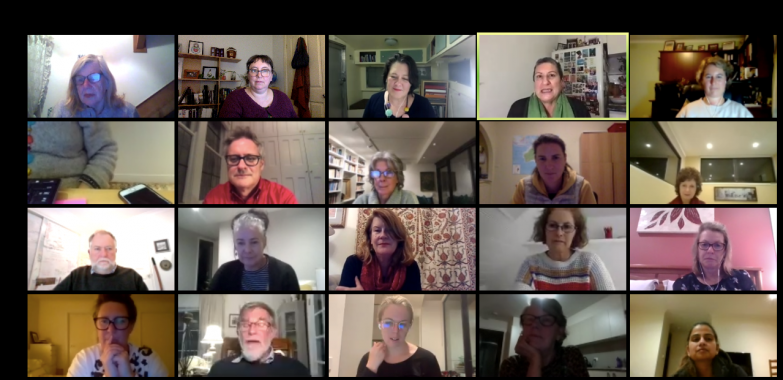On 27 May, we had our third virtual event using Zoom to navigate the challenges of during the current “social distancing”. 26 participants were involved and using the breakout facility of Zoom for small group discussions, enabled an engaging and informative event.
We were joined by Professor Susan Long and Dr Nuala Dent of NIODA who posed the question:
“What can the framework of “Transforming experience” and “Organisational role analysis” offer us as we navigate significantly changed workplaces, roles and all that the Covid-19 pandemic has heightened?”
The Transforming Experience Framework helps identify the hidden forces in organisations which come experiences at 5 levels: individual, role, system, context and sources (purpose). The material presented is available from the ODA website.
This provided the backdrop for small group discussion on two questions:
- How has the current context affected your organisation?
- How has the current context affected your work role?
On the first question, participants generally commented favourably on the level of communications and, somewhat surprisingly, on the visibility of the CEO, often invisible prior to the pandemic. It was observed that already cohesive and well functioning teams continued to be effective. In already poor functioning teams and organisations, the crisis tended to exacerbate the situation. A member of a well functioning team commented that more attention was paid to those role relationships in the team with less frequent interactions to help maintain shared context and better mutual understanding in the rapidly evolving environment. The quality of the digital platform on which the organisation operated was as crucial to transforming and adapting the organisation was a common observation but few organisations escaped technical glitches. In the case of a multinational NFP, aid operations came to a standstill with some staff stuck overseas and some courageously electing stay in situ. Understandably this created some mutual concern and anxiety amongst team members.
In relation to the 2nd question, the feedback from those working from home was generally positive but increased workload was commonly experienced. Organisational Role analysis was used to help frame discussions in both small group and plenary sessions. The purpose being to discover a working hypothesis about the role and its place in the organisation. A question about whether the role is a system in its own right, led to an illuminating discussion about the formal and informal dimensions of the role. The role analysis helped to reveal possible divergence between the articulated purpose and work of the role and the understanding and experience of the individual in the role. This opened up discussions about power and authority, assumptions, beliefs and patterns of behaviour about the role. As one participant observed: “when the tide is out you can see who is swimming naked … the invisible becomes visible”. Thus the organisational role analysis was a way in which the cultural context and complexity within which the individual and role operate can be revealed.
Two questions emerged from the concluding discussion:
“Perhaps it will not be so easy to snap back to the old way of doing things?” and as posed by Susan “Do you really want to go back to the old way of doing things?”.

